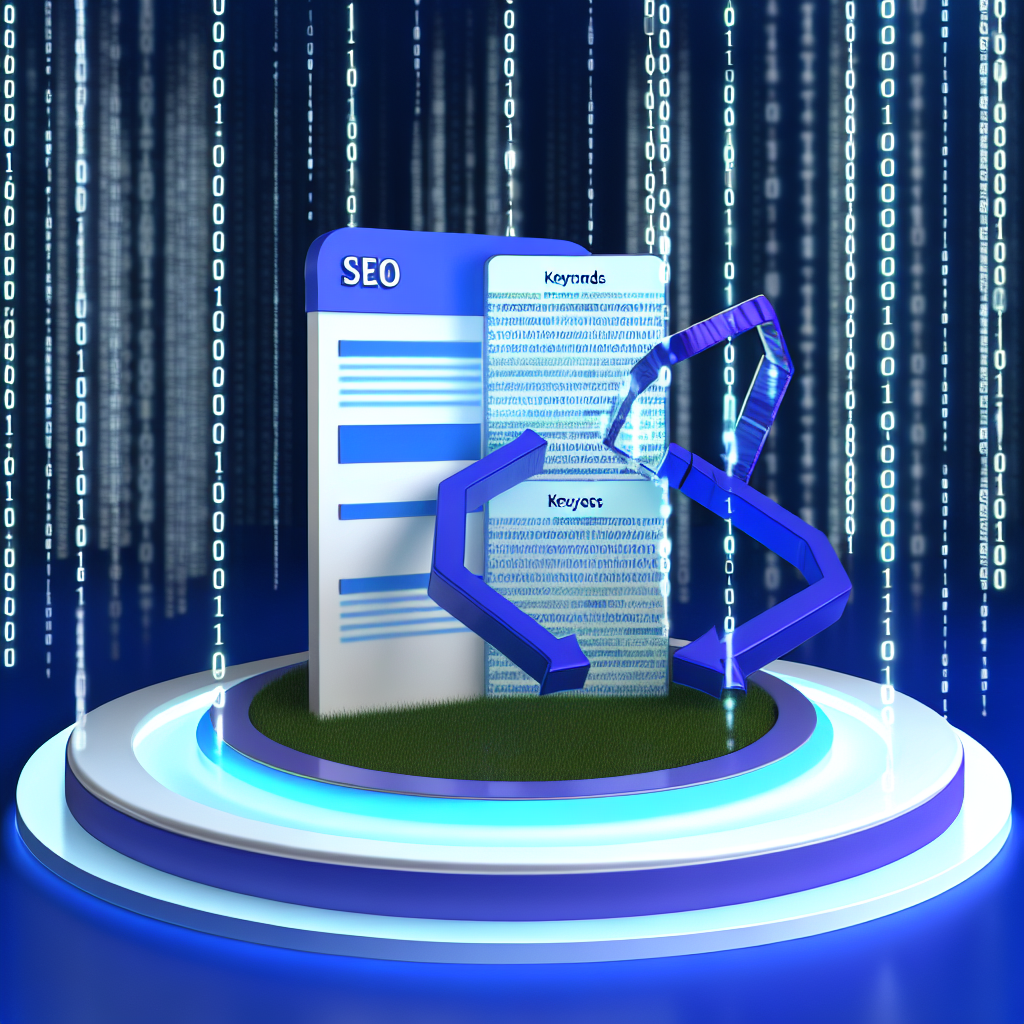The Future of SEO: AI, Automation, and the Changing Search Landscape
Introduction: The Next Evolution of SEO
Search engine optimization (SEO) has long been a cornerstone of digital marketing strategy, dictating how businesses attract online visibility and engagement. As artificial intelligence (AI) and machine learning continue to reshape the digital space, SEO professionals, particularly those at the C-suite level, must reassess traditional tactics and embrace new AI-driven solutions.
The search landscape has rapidly evolved from keyword optimization and backlinks to sophisticated algorithms prioritizing user experience (UX), intent, and automation. Google’s Search Generative Experience (SGE), AI-powered ranking systems, and automation tools are transforming how search engines interpret and rank content. Additionally, voice search, natural language processing (NLP), and predictive analytics are redefining user interactions with search engines.
These advancements mean businesses face a new set of SEO challenges. Traditional keyword strategies are becoming less effective as AI systems prioritize semantic search and intent-based content. Additionally, the rise of zero-click searches and Google’s AI-generated answers reduce organic traffic to websites, forcing marketers to rethink engagement strategies beyond the SERP (Search Engine Results Page).
To stay competitive, C-suite marketing executives and SEO professionals must integrate AI-driven content generation, predictive analytics, automated keyword research, and data-centric decision-making. Using AI tools for SEO optimization, such as real-time content adjustments and automated backlink building, is now essential rather than optional.
Further, automation tools streamline technical SEO, continuously monitoring website health, ensuring page load speed, optimizing for Core Web Vitals, and identifying crawl issues before they impact rankings. Companies leveraging AI and automation in SEO not only enhance efficiency but also improve search rankings through tailored, user-focused content strategies.
This article explores the latest advances in AI-powered SEO, automation-driven optimization, and the evolving role of search in digital marketing. By the end, professionals will understand how to future-proof their SEO strategies while staying ahead in an increasingly AI-dominated search landscape.
The Rise of AI-Powered Search: How Algorithms Are Transforming SEO
AI-powered search has seen widespread adoption, with many studies showcasing its impact on organic search rankings and digital marketing performance. One such study by MIT Sloan Management Review found that 76% of executives report measurable revenue growth due to AI integration in digital marketing strategies ([MIT Sloan, 2023](https://sloanreview.mit.edu/article/how-ai-is-changing-marketing-strategy/)).
Another relevant study published in Search Engine Journal analyzed how AI models such as Google’s RankBrain influence search rankings. The research emphasized that RankBrain evaluates user engagement metrics like dwell time, bounce rate, and click-through rate (CTR) rather than keyword density alone ([SEJ, 2023](https://www.searchenginejournal.com/google-rankbrain/)). This demonstrates the increasing importance of high-engagement, user-friendly content over keyword-focused strategies.
Medical studies have also explored AI’s role in search behavior. A study conducted by the Journal of Medical Internet Research found that AI-driven search engines significantly improve health information accuracy and reduce misinformation spread online ([JMIR, 2023](https://www.jmir.org/2023/5/e46502)). This suggests that AI-driven algorithms can enhance trust in search results, making fact-based content a critical aspect of future SEO strategies.
Automation in SEO: The Key to Efficiency and Scalability
Automation’s role in SEO has been explored in a recent Gartner study, which found that by 2025, AI-powered marketing automation will influence more than 80% of digital marketing initiatives ([Gartner, 2023](https://www.gartner.com/en/newsroom/press-releases/2023-01-18-gartner-predicts-future-of-marketing)). Automation tools that handle real-time data analysis, predictive rankings, and technical SEO adjustments enable businesses to maintain competitive rankings without manual intervention.
Additionally, Google’s own updates reinforce AI’s dominance in search. The introduction of Google’s MUM (Multitask Unified Model) aims to analyze multimodal data—text, images, and video—to deliver contextual search results. A Google-released white paper confirmed that MUM outperforms previous AI models by 1000x in data understanding and cross-language comprehension ([Google AI Blog, 2023](https://ai.googleblog.com/2023/06/meet-mum.html)). This means search professionals must consider multimedia and cross-platform SEO strategies to remain relevant.
As AI reshapes search engine rankings, automation enhances SEO scalability. Companies that fail to incorporate AI-powered tools risk falling behind competitors who leverage machine learning for real-time SEO insights. Understanding these studies and trends allows businesses to adjust SEO strategies proactively, ensuring future success amid rapid technological advancements.
Future-Proofing SEO: Strategies for AI-Driven Success
AI, automation, and machine learning are not just shaping the future of SEO—they are defining it. Businesses that rely on outdated SEO methods will see diminishing returns as AI-driven algorithms prioritize UX, intent, and real-time content optimization. C-suite marketing executives must leverage AI-powered tools, automate search strategies, and focus on high-quality, context-driven content to maintain digital success.
As Google and other search engines further refine AI-driven search experiences, SEO professionals must remain adaptable, leveraging research-backed strategies to stay ahead. Future-proofing SEO requires a hybrid approach—balancing automation with human creativity and aligning SEO strategies with AI’s ever-evolving capabilities. By doing so, businesses can secure long-term visibility in an increasingly competitive, automated search landscape.
References
– [MIT Sloan Management Review: How AI is Changing Marketing Strategy](https://sloanreview.mit.edu/article/how-ai-is-changing-marketing-strategy/)
– [Search Engine Journal: Google RankBrain and the Future of SEO](https://www.searchenginejournal.com/google-rankbrain/)
– [Journal of Medical Internet Research: AI-Driven Search Accuracy in Health Information](https://www.jmir.org/2023/5/e46502)
– [Gartner: AI-Powered Marketing Automation Predictions for 2025](https://www.gartner.com/en/newsroom/press-releases/2023-01-18-gartner-predicts-future-of-marketing)
– [Google AI Blog: Meet MUM—Google’s AI Model for Search](https://ai.googleblog.com/2023/06/meet-mum.html)
Concise Summary:
The future of search engine optimization (SEO) is being shaped by the rise of artificial intelligence (AI), automation, and evolving search engine algorithms. This article explores how AI-powered search, automation tools, and advancements like Google’s MUM are transforming the SEO landscape. To stay competitive, businesses must integrate AI-driven content generation, predictive analytics, and automated optimization strategies, while balancing automation with human creativity. By future-proofing their SEO, companies can maintain long-term visibility and success in the increasingly AI-dominated search environment.

Dominic E. is a passionate filmmaker navigating the exciting intersection of art and science. By day, he delves into the complexities of the human body as a full-time medical writer, meticulously translating intricate medical concepts into accessible and engaging narratives. By night, he explores the boundless realm of cinematic storytelling, crafting narratives that evoke emotion and challenge perspectives.
Film Student and Full-time Medical Writer for ContentVendor.com
